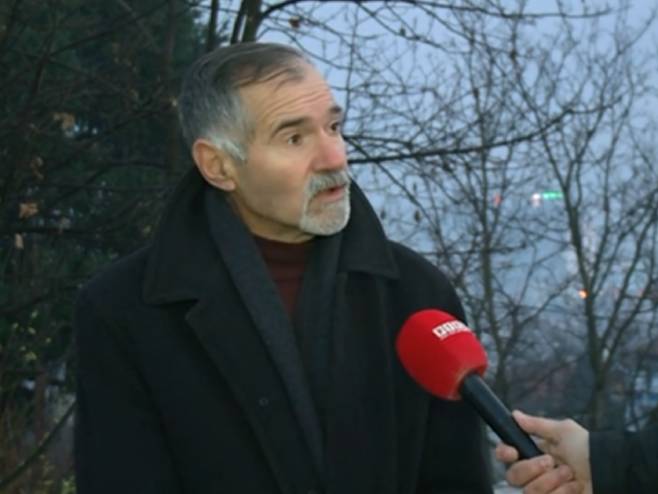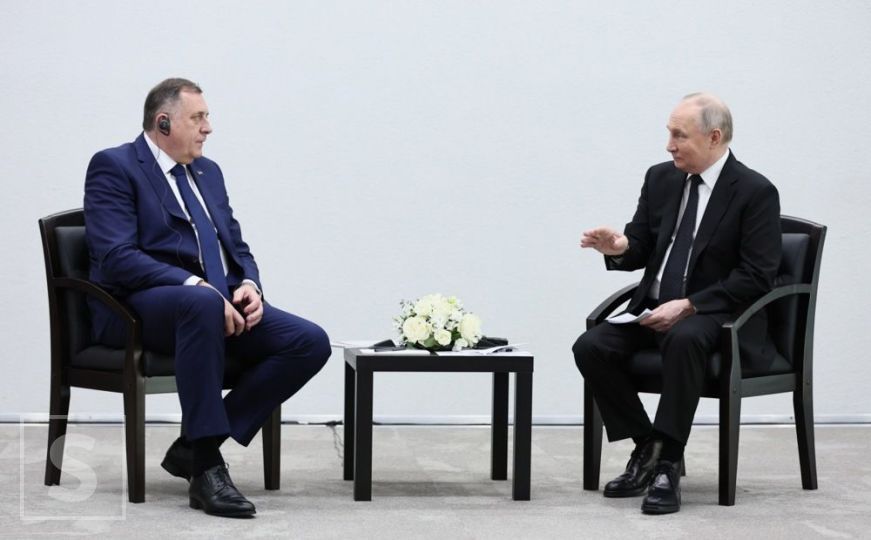The opposition of Foreign Minister Elmedin Konaković to everyone, both within and outside BiH, who does not share his views implies a lack of flexibility and ability for constructive dialogue, especially in the process of making important diplomatic decisions, stated BiH Ambassador to France, Bojana Kondić Panjić.
Panjić noted that diplomatic relations with EU member states, such as Hungary, are crucial for the process of European integration of BiH, and when such relations are damaged, it can undoubtedly have negative consequences on the prospects of joining the EU, as well as on broader international relations.
Regarding Konaković’s announcement that the ministry will not continue implementing the Action Plan on knowledge transfer about the EU accession process between this ministry and the Ministry of Foreign Affairs and Trade of Hungary, Panjić pointed out that diplomacy requires the ability to listen to and respect different views and to find compromise solutions that are in the best interest of the state, and in the case of BiH, in the interest of all its citizens, not just Bosniaks.
- “Demonizing anyone who tries to have friendly relations with Serbs is another in a series of hostile messages to all diplomats from the Serbian people,” Panjić noted.
Such a stance, she emphasized, only contributes to polarization within BiH and between BiH and neighboring countries, which can complicate diplomatic efforts for regional stability and cooperation.
- “Damaging relations with a friendly country indicates a potential problem in conducting foreign policy, which should be based on diplomacy, dialogue, and cooperation,” Panjić assessed.
She pointed out that establishing and maintaining friendly relations with all neighbors, including Serbia, is crucial for long-term stability and progress in the region.
She recalled that conducting foreign policy in BiH, within the structure established by the Dayton Peace Agreement, is the responsibility of the BiH Presidency.
- “By autonomously making decisions, Minister Konaković clearly shows a fundamental disrespect for the BiH Constitution, resulting in the deterioration of relations with friendly countries and raising several important issues related to the conduct of BiH diplomacy,” Panjić stressed.
She highlighted that maintaining open dialogue, even with countries that have different views on sensitive issues, can bring more benefits in terms of stability and EU integration in the long run.
In an open letter to European Commissioner for Enlargement and Neighbourhood Policy Olivér Várhelyi, Konaković criticized him for, as he stated, publicly joining the “shameful propaganda” of Serbian President Aleksandar Vučić and accused him of siding with Serbia against the resolution on Srebrenica.
He also informed Várhelyi that he would not continue the implementation of the Action Plan on knowledge transfer about the EU accession process with the Hungarian Ministry of Foreign Affairs and Trade, after Hungarian Foreign Minister Péter Szijjártó stated that his country would not vote for the Srebrenica resolution in the UN General Assembly.
Source: RTRS





.webp)


